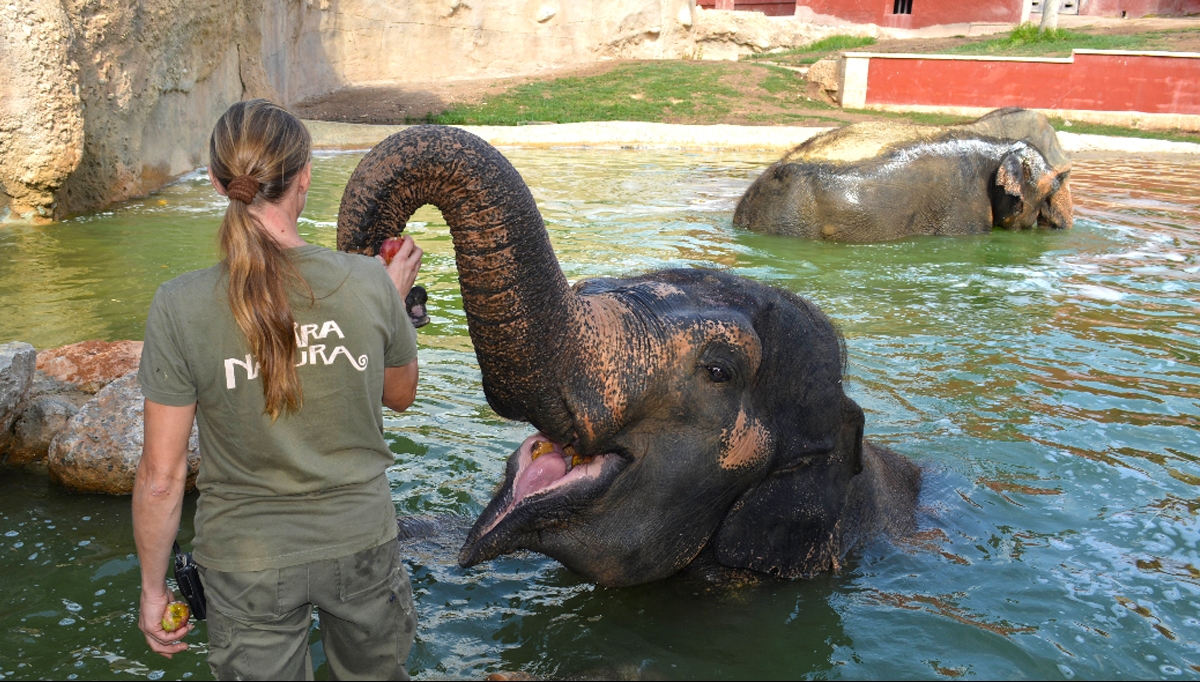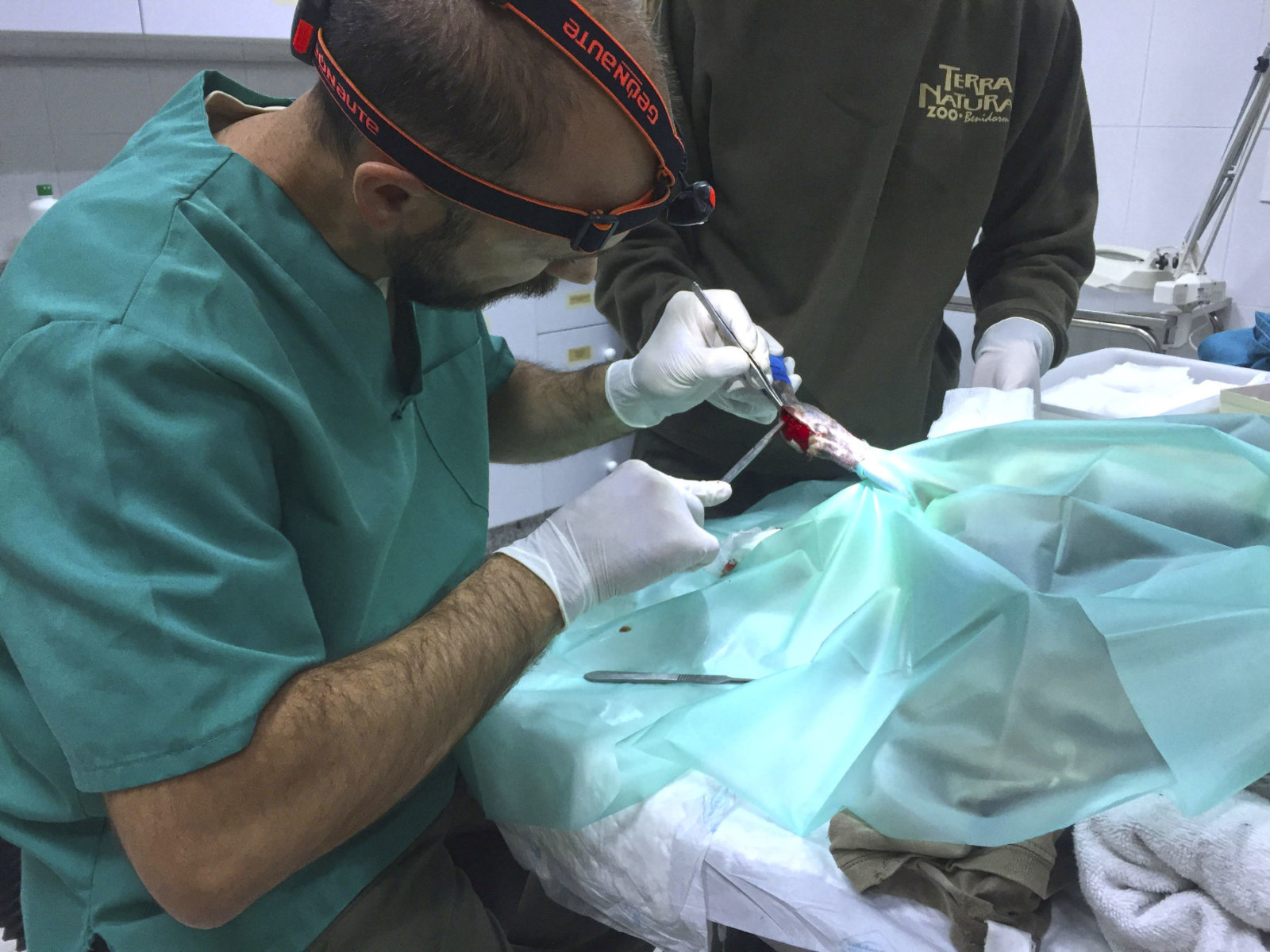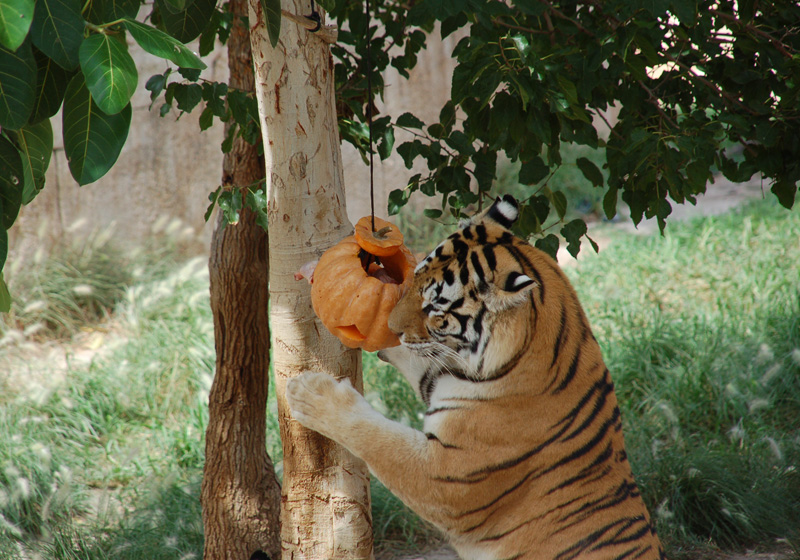Philosophy
The United Nations’ Strategic Plan for Biodiversity 2011-2020 gives special importance to biological diversity for the functioning of ecosystems on our planet, with links to human well-being in vital areas like food security, human health, air and water supply, economic development and poverty reduction.
Millions of people visit zoos every year, so our informative mission is crucial. By its own commitment and sense of responsibility, Terra Natura endorses the first of the Aichi Biodiversity targets: "for 2020, at the latest, people will be aware of the value of biological diversity and the steps they can follow for conservation and sustainable use."
Our human team is formed by professionals in constant growth not only through training but through our personal values: honesty, humanity, personal commitment, team pride, respect for companions, the well-being of our animals and plants, and the satisfaction of our visitors.
We work for the physical and emotional well-being of animals both individually and in species by understanding their nature, their care, their needs and threats in their natural environment. Knowledge and proximity to the animals facilitates the sensitization and empathy of our visitors regarding living things and the importance of biodiversity.

Environmental enrichment
To promote animal welfare, both environmental factors (plant design, water supply, habitat) and animal-centric factors (behavior, appearance, health and vital parameters) are studied. Behavioral alterations serve to assess well-being and to prevent or correct behaviors that are seldom observed in nature (stereotyping, apathy).
Environmental enrichment enhances natural behaviors and reduces the presence of stereotypes through a dynamic process. A varied diet hidden in different locations prevents the onset of diseases and routines; the natural habitat design (substrates, vegetation, lairs, etc.) stimulates the exploratory capacity; concern for what is near the animal habitat reduces stress levels; the presence of animal toys as well as sounds, smells and tastes heighten the attention and curiosity of the animals.
The presence of several different species in the same meadow favors adaptation to the environment and therefore to relaxation and well-being.
Veterinary medicine
Terra Natura's animals receive attention from a specialized team of caregivers, biologists and veterinarians 365 days a year. The work of veterinarians oversees their sanitation and health of animals, their nutritional and reproductive control, and the protocols for animal care. They have a well-equipped clinic for the diagnosis, treatment and prevention of illnesses. The clinic has areas for hospitalization and neonatal care, plus a quarantine where they check newly-arrived animals.
Terra Natura receives annual inspections by the Agriculture and Environment agency. The management of the zoo collection falls to the conservation biologist, who also oversees compliance to legislation, facilities design, environmental enrichment programs, cooperation with government administrations (Environment, PRONE, CITES, etc.), collaboration with other environmental institutions (AIZA, EAZA, ZIMS, etc.), and participation in breeding and conservation strategies for endangered Species (EEPs and SBs).

Animal nutrition
A varied diet is essential for the maintenance of animal welfare and for the prevention of disease and apathy. The veterinary team is in charge of establishing and implementing animal diets through careful selection of the most suitable foods for each species and individual animal, not only to cover their nutritional needs but to promote their natural behaviors. Terra Natura works with local food suppliers.
The "Animal Kitchen" team receives food and stores it in cold chambers for daily use. They start their day early in order to prepare and distribute meals throughout the park before caregivers begin their daily routines.


